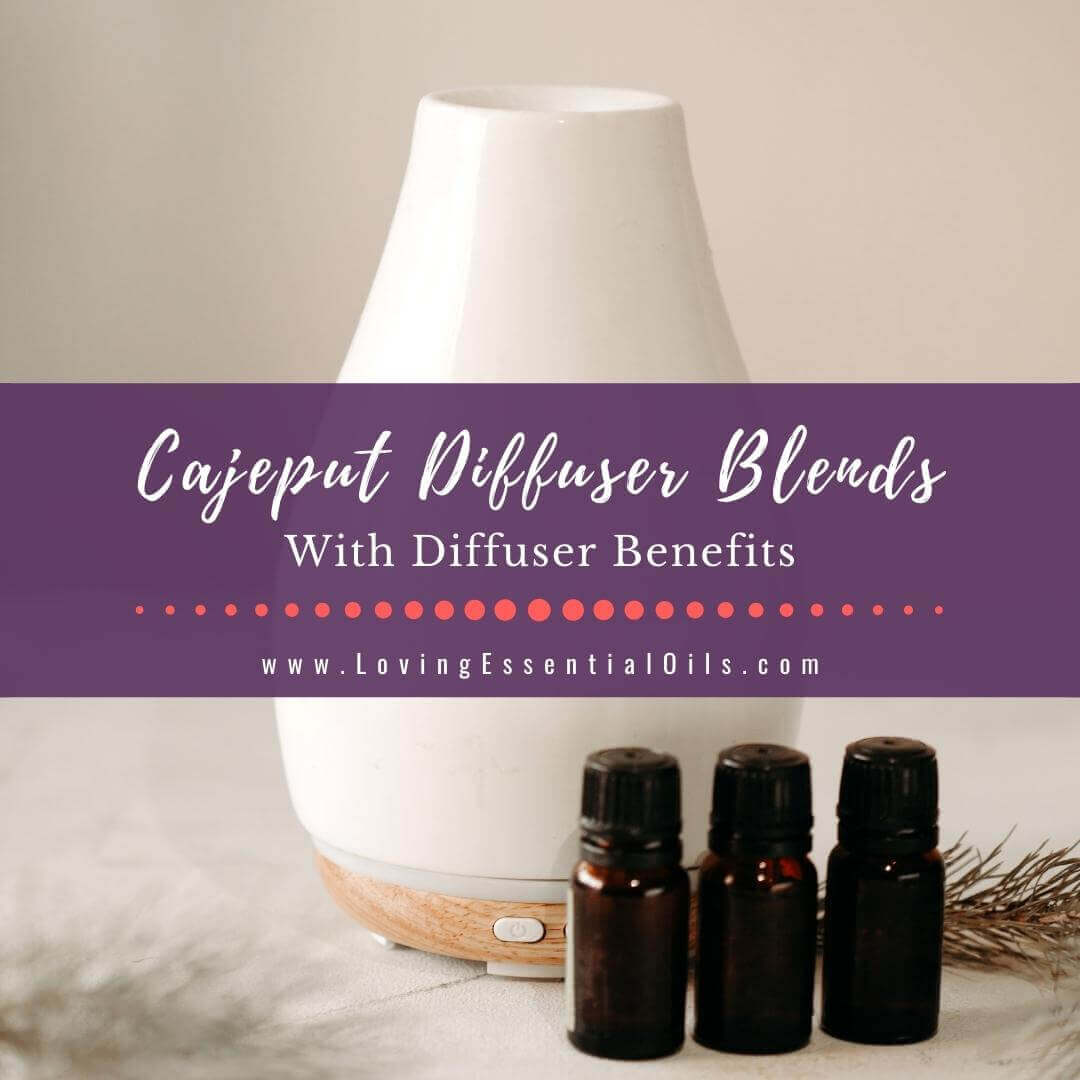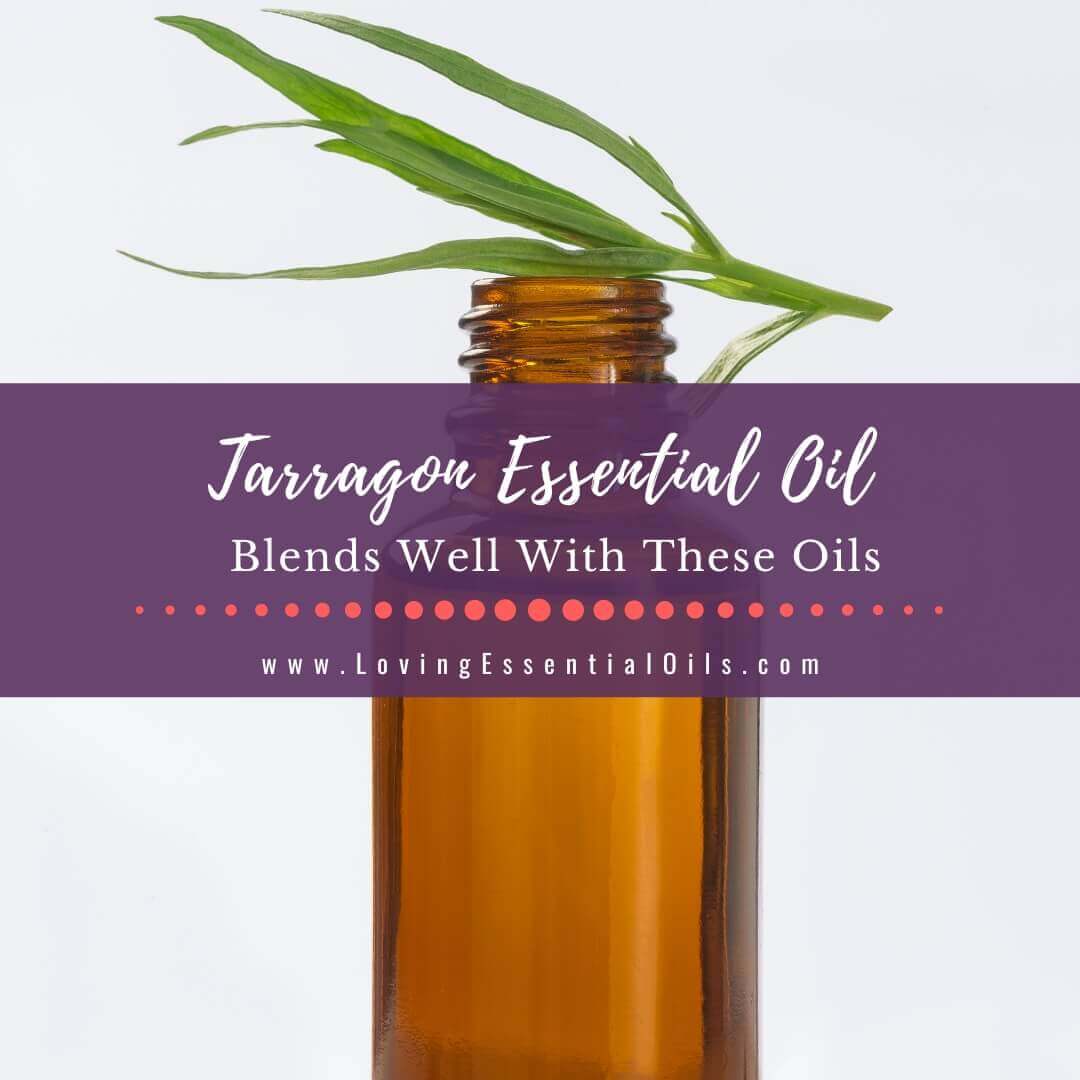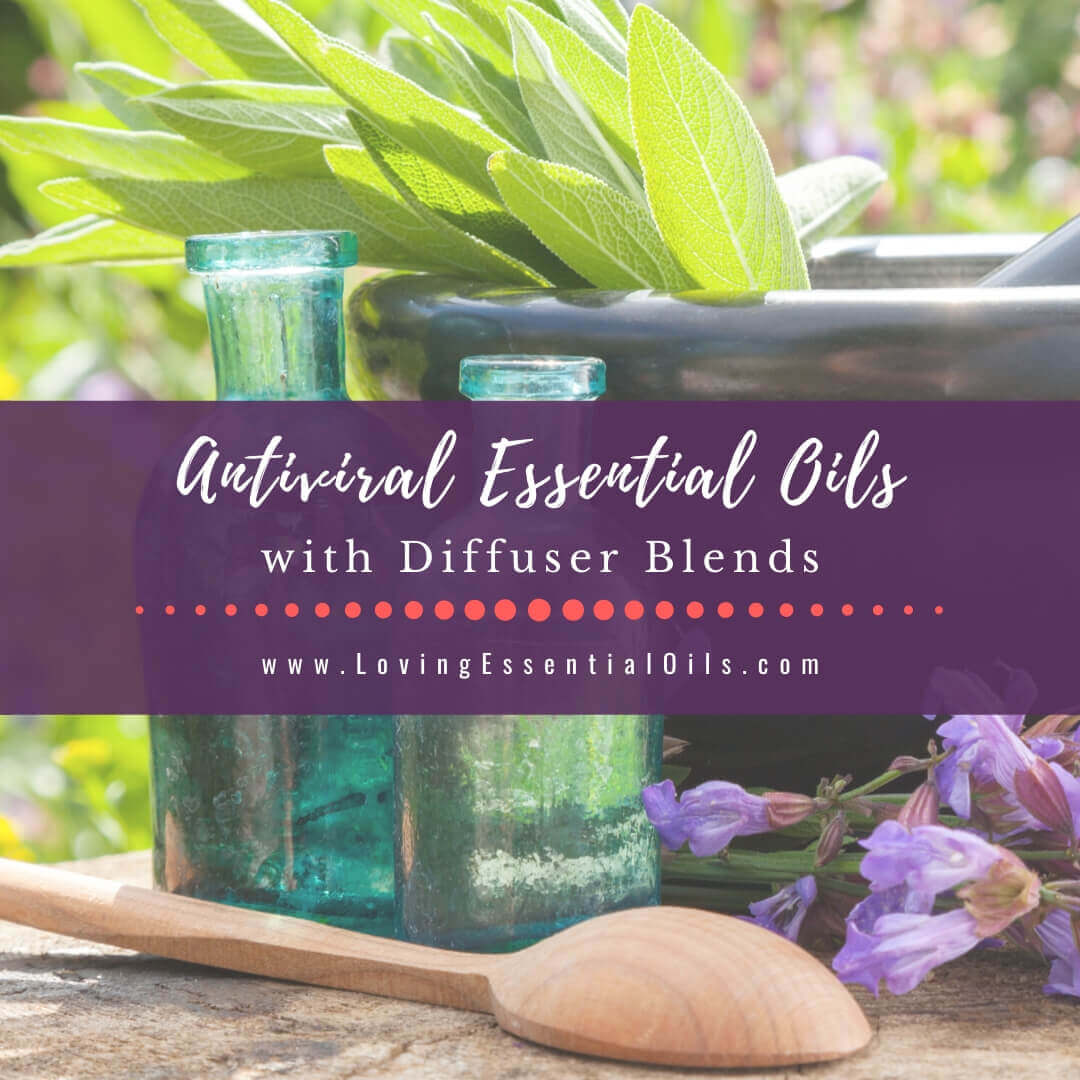Table of Contents
Cajeput Essential Oil is well-known for its fresh, fruity, camphor-like scent. It is part of the Tea Tree Essential Oil family and has many beneficial properties. It's a great oil to keep on hand in case of seasonal illness. In this blog post you will learn more about this oil, what cajeput essential oil blends well with, as well as cajeput diffuser blends.
Cajeput is known to improve mood and energize the body. It can also be used topically, but it should be diluted with a carrier oil first. You can also use it to treat minor skin eruptions, such as those on your lips. It is an essential oil that has incredible healing properties.
What is Cajeput Essential Oil Used For?
Cajeput essential oil is most commonly used for its healing properties. It has antispasmodic and analgesic effects that can help to soothe muscle cramps, muscle and joint pain, and headaches. For a soothing massage blend, try adding cajeput oil to a mixture of lavender and sweet almond oil.
Additionally, cajeput essential oil can be used to aid respiratory conditions such as colds, coughs, and bronchitis. Simply inhaling the vapors of the oil can help to clear congestion and ease breathing.
When used topically, the oil can help to heal cuts and soothe insect bites. Cajeput oil can also be used on the skin to assist fungal infections, acne, and other skin conditions. It can be used to relieve sore joints and muscles, ease cramping during menstruation and soothe itchy skin.
Finally, this versatile oil can be used as a natural insecticide to repel mosquitos and other pests. As you can see, there are many ways in which cajeput essential oil can be used to improve your health and wellbeing.

Cajeput Essential Oil Facts
Cajeput essential oil is derived from the leaves and twigs of the Melaleuca cajaputi tree. The oil has a strong, camphoraceous aroma and is pale yellow in color. It is typically used in aromatherapy and has a wide range of benefits.
Cajeput (also called cajuput) is the original species from which all melaleuca species evolved. In Australia the plant was traditionally used by Aboriginal people for headaches, aches and pains.
- Botanical Name: Melaleuca cajuputi
- Family: Myrtaceae
- Synonym: Cajuput, White Tree Tree, Swamp Tea Tree, River Tea Tree, Punk Tree, Weeping Tea Tree
- Extraction Method: Steam Distilled
- Plant Part: Leaves, twigs
- Aroma: Camphoraceous, medicinal, mild fruity note
- Note: Middle
- Shelf Life: 2-3 Years
- Sun Safe: Yes
- Kid Safe: No
- Pregnancy Safe: No
- Breastfeeding Safe: No
Properties: Analgesic, antimicrobial, antineuralgic, antispasmodic, antiseptic, antihelmintic, diaphoretic, carminative, decongestant, expectorant, febrifuge, insecticide, sudorific, stimulant, tonic.
Cajeput Essential Oil Diffuser Benefits
Cajeput is a versatile essential oil with a variety of uses. It's a must have during the cold and flu season. When diffused, Cajeput essential oil can help fight off seasonal illnesses and support a healthy respiratory system.
- Assist with respiratory conditions such as colds, flu, congestion, bronchitis, and asthma.
- It has antibacterial and antifungal properties, making it an ideal choice for use in diffusers to help purify the air.
- The soothing vapors from a cajeput oil diffuser can also help to reduce stress and promote relaxation.
- Diffusing cajeput oil can help to purify the air and eliminate odors.
Cajeput Essential Oil Blends Well With
Cajeput essential oil has a fresh, camphoraceous scent. Cajuput oil is used in aromatherapy for its calming and relaxing properties. Cajeput oil blends well with other essential oils, including eucalyptus, lavender, rosemary, and tea tree. When blended with these oils, cajeput can create a refreshing and invigorating aroma.
Cajeput blends well with other essential oils, here are some to try:
- Eucalyptus
- Peppermint
- Rosemary
- Lemon
- Basil
- Lavender
- Thyme
- Clove
- Cedarwood
- Oregano
- Camphor
- Cardamom
- Geranium
- Tea Tree
- Orange
- Bergamot
Cajeput oil can also be used in DIY skincare recipes, such as face masks and body scrubs. By combining cajeput oil with other natural ingredients, you can create your own custom skincare products that are tailored to your specific needs.
Cajeput Diffuser Blends
When used in a diffuser blend, cajeput essential oil can help to create an uplifting and refreshing atmosphere. Cajeput oil supports a healthy respiratory system and will get you back on your feet in no time.
I like to use a 100-200 ml water tank diffuser, but you can use whatever size you prefer. It is best to diffuse in 30-minute intervals as to not overwhelm the space and your senses. Read more about diffusing essential oils.
Seasonal Sniffles
Seasonal sniffles diffuser blend includes essential oils commonly used for allergies. These oils are known for their ability to fight off sniffles.
- 2 drops Cajuput oil
- 2 drops Lavender oil
- 2 drops Lemon oil
- 2 drops Peppermint oil

Cold Blaster Diffuser Blend
Cajeput essential oil is a natural antibacterial, antiviral, and antiseptic. It can help fight against colds and flu, as well as other respiratory infections. Juniper and pine are also helpful in this oil blend.
- 6 drops Cajeput
- 2 drops Juniper
- 2 drops Pine

Just Breathe Diffuser Blend
This potent blend features cajeput, eucalyptus, and mint oils, all of which are known for their ability to open up the airways and promote easy breathing. Simply add the drops to your diffuser and breathe in deeply to enjoy the refreshing, invigorating aroma. You'll soon feel your chest loosen and your breathing become more regular.
- 3 drops Spearmint
- 3 drops Cajeput
- 2 drops Eucalyptus
- 1 drop Peppermint

I Can Breathe Blend
Cajeput essential oil contains as much 1,8 cineole as Eucalyptus essential oil. It's easy to see why it's highly recommended for people suffering from congestion or other breathing problems. Give this diffuser recipe a try to help improve your breathing.
- 3 drops Ho Wood
- 2 drops Juniper Berry
- 2 drops Cajeput

Fresh Space Diffuser Recipe
Freshen up your space with this oil blend that can not only cleanse the air but also relieve seasonal illnesses and open up the respiratory system.
- 2 drops Lemon
- 2 drops Cajeput
- 2 drops Thyme

More Cajeput Essential Oil Recipes
Here are a few more cajeput essential oil recipes to use in essential oil inhalers. Essential oil inhalers are a great way to enjoy the benefits of essential oils without having to apply them topically or diffuse them.
Essential oil inhalers are portable, convenient, and allow you to target specific concerns. Simply add the drops of essential oils to the cotton wick, insert it into the inhaler tube, and inhale as needed.
Pick Me Up Inhaler Blend |
|

Warm Citrus Inhaler Blend |
|

Mind Soothing Inhaler Blend |
|

Cajeput Essential Oil Substitutes
If you're looking for a Cajeput essential oil substitute, there are a few other oils that can provide similar benefits. Learn more about substituting essential oils here.
Tea Tree Oil
Tea tree oil is one of the most popular substitutes for cajeput oil. It has similar properties as cajeput essential oil and can be used in many of the same ways. Like cajeput oil, tea tree oil is an antibacterial and antifungal agent that can be used to treat acne, athlete's foot, and other skin conditions. Tea tree oil is also quite affordable and easy to find.
Eucalyptus Essential Oil
Eucalyptus oil is also distilled from the leaves of a tree (in this case, the Eucalyptus globulus) and has a similar camphorous scent. Like Cajeput oil, eucalyptus oil is an effective expectorant and can help to relieve congestion.
Lavender Essential Oil
Another great substitute for cajeput oil is lavender oil. Lavender oil has antibacterial, antifungal, and anti-inflammatory properties that make it ideal for treating skin conditions.
It is also very calming and relaxing, making it a great choice for those with sensitive skin. Lavender oil is widely available and relatively affordable.
Peppermint Essential Oil
Peppermint oil is another good substitute for Cajeput oil. It has a minty, cooling scent and can also help to relieve congestion and soothe muscles.
Depending on your uses for this oil, some other cajeput oil substitutes may also include camphor, cedarwood, or lemongrass essential oil.
Safety Guide for Diffusing
Diffuse 30 minutes to 1 hour at a time, read more about how long to diffuse oils.
It is best not to apply undiluted essential oils onto the skin. When using essential oils topically on the skin, be sure to dilute with a carrier oil like jojoba oil or sweet almond oil.
Using essential oils can improve a person’s emotional, physical, and mental state. For best results, make sure you use pure essential oils and learn how to use them properly.
People can have different responses to essential oils, you may find what works for one person, doesn't work for you. You can learn more here about what to do when essential oils don't work.
Share on Pinterest






